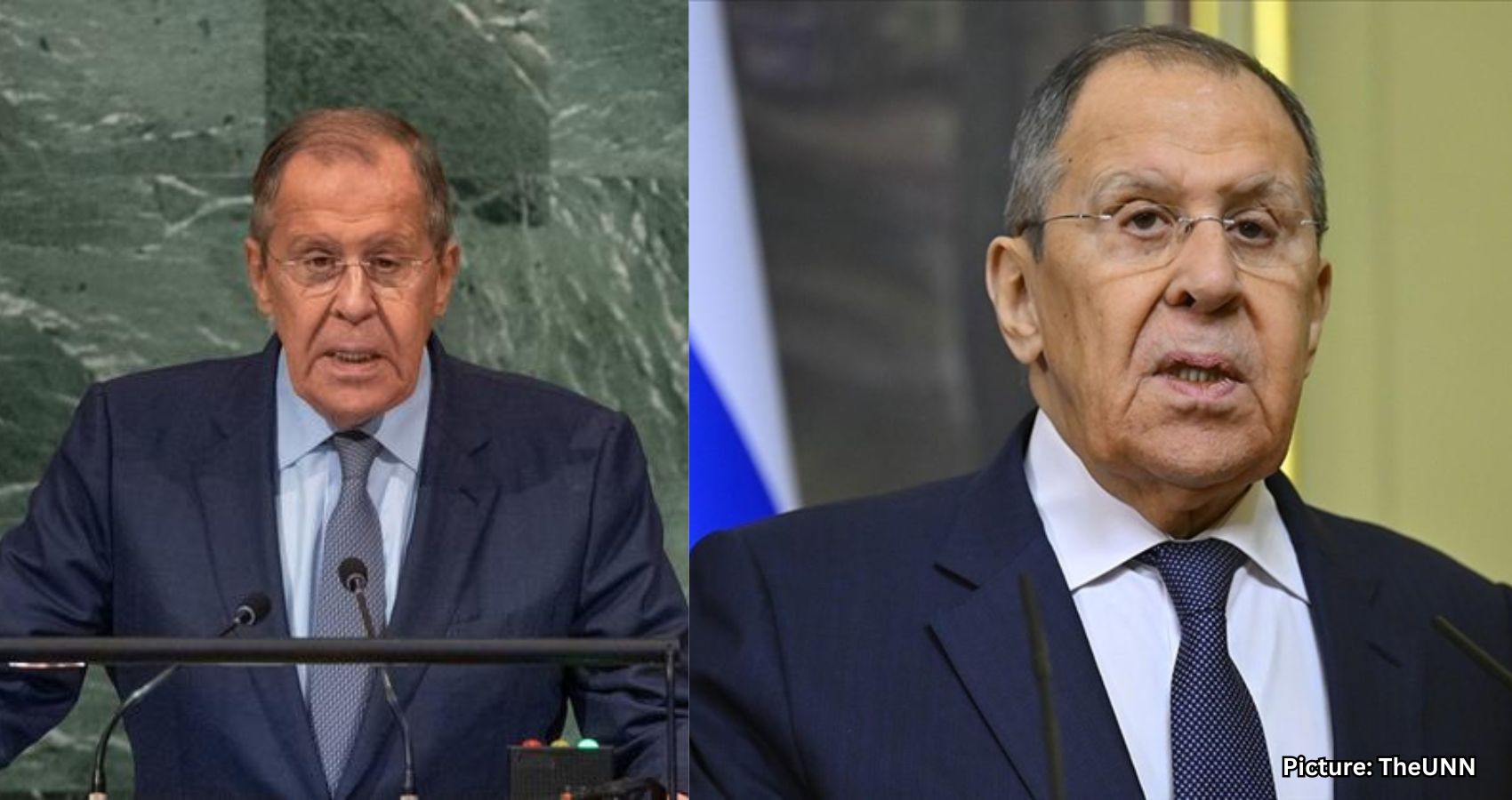Russian Foreign Minister Sergey Lavrov delivered a pointed address at the United Nations General Assembly, warning NATO and the U.S. of a “decisive response” amid rising tensions in Ukraine and the Middle East.
During his speech at the United Nations General Assembly (UNGA) on Saturday, Russian Foreign Minister Sergey Lavrov issued one of Moscow’s most direct warnings to the West, accusing NATO and the European Union of engaging in a “real war” against Russia.
Lavrov began his address with sweeping historical references to World War II, positioning Russia as the successor to the Soviet Union’s legacy in defeating Nazism and defending global sovereignty. He criticized the United States for undermining postwar principles through military interventions in regions such as Yugoslavia, Iraq, and Libya, asserting that similar actions are occurring today in the Middle East.
While condemning the October 7, 2023, attack by Hamas, Lavrov characterized Israel’s military campaign in Gaza as “collective punishment” of civilians. He linked this conflict to a broader narrative of what he described as decades of unchecked Western military force.
Lavrov accused NATO of disregarding longstanding security commitments and insisted that Russia has “never had and does not have” plans to attack NATO countries. He dismissed Western warnings of a potential Russian offensive as “provocations.” In a notable escalation, Lavrov stated, “Any aggression against my country will be met with a decisive response. There should be no doubt about this among those in NATO and the EU.”
This warning comes at a time of heightened tensions along NATO’s eastern flank, where Estonia has recently accused Russian jets of violating its airspace, and NATO forces have intercepted drones over Poland. In response, the U.S. has reiterated its commitment to defend “every inch of NATO territory.” Lavrov’s remarks underscored Moscow’s framing of any potential conflict with NATO as an existential threat to Russia.
The timing of Lavrov’s speech coincides with a shift in U.S. rhetoric regarding the war in Ukraine. President Donald Trump, who met with Ukrainian President Volodymyr Zelenskyy earlier in the week, has adopted a firmer stance, asserting that Ukraine can and should reclaim all its territory. This marks a departure from earlier indications of openness to negotiations, following rare talks between U.S. and Russian officials in Alaska over a month ago.
Lavrov’s address appeared aimed at countering Trump’s new position, reminding Washington that Moscow views the conflict not as a distant issue but as a direct confrontation involving the United States. In his own address to the General Assembly, President Zelenskyy cautioned that failing to stop Russia now could trigger “the most destructive arms race ever.”
Following his speech, Lavrov reinforced his message during a press conference, responding to inquiries about Western calls to shoot down Russian aircraft that might violate European airspace. He dismissed Trump’s earlier characterization of Russia as a “paper tiger,” noting that the president had since retracted that statement. Lavrov then issued a stark warning: “If there are attempts to down any flying object … over our territory, in our airspace, then I think people will very much regret it, undertaking such an egregious violation of our territorial integrity and sovereignty.”
In addition to addressing NATO, Lavrov criticized U.S. sanctions on Iran, labeling Western efforts to restore or tighten restrictions as “illegal” and indicative of Washington’s strategy of “blackmail and pressure.” He argued that the West has undermined diplomatic efforts to revive the 2015 nuclear deal and rejected what he described as manipulations at the U.N. Security Council aimed at isolating Tehran.
Beyond Europe, Lavrov portrayed Russia as aligned with a growing “global majority” opposing Western dominance, citing organizations such as BRICS and the Shanghai Cooperation Organization, as well as calls from African and Latin American nations for greater representation at the U.N. Security Council. He accused the U.S. of using sanctions and military alliances to maintain its hegemony while claiming that Russia is defending the sovereignty of nations across the Global South.
Source: Original article

